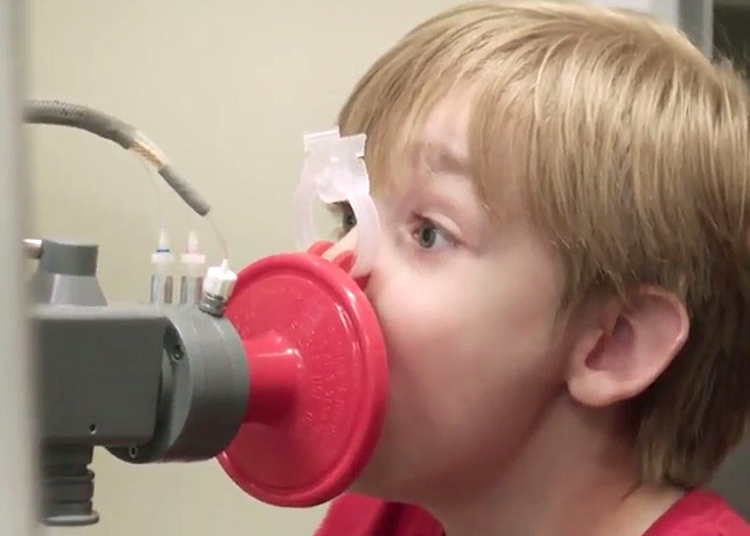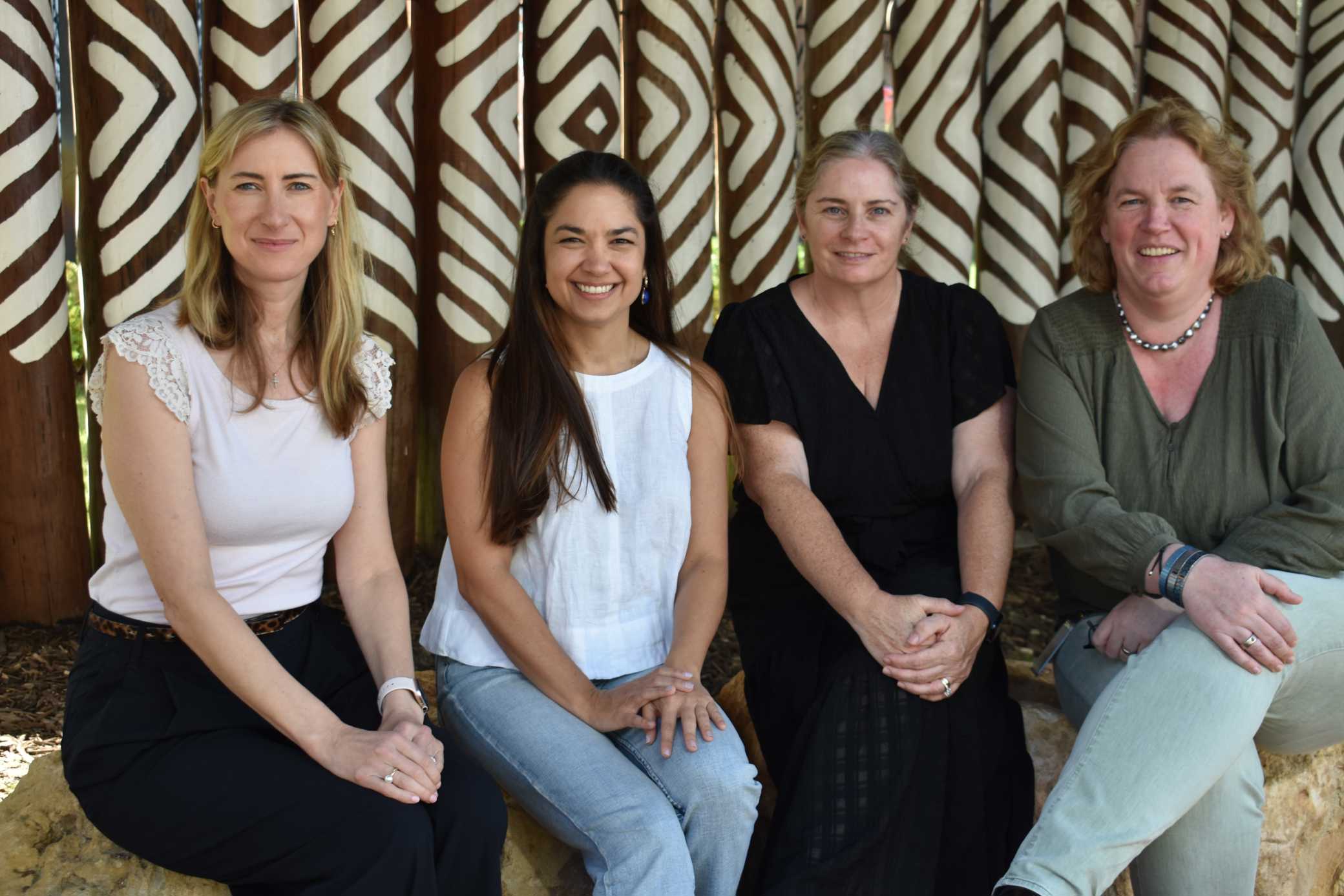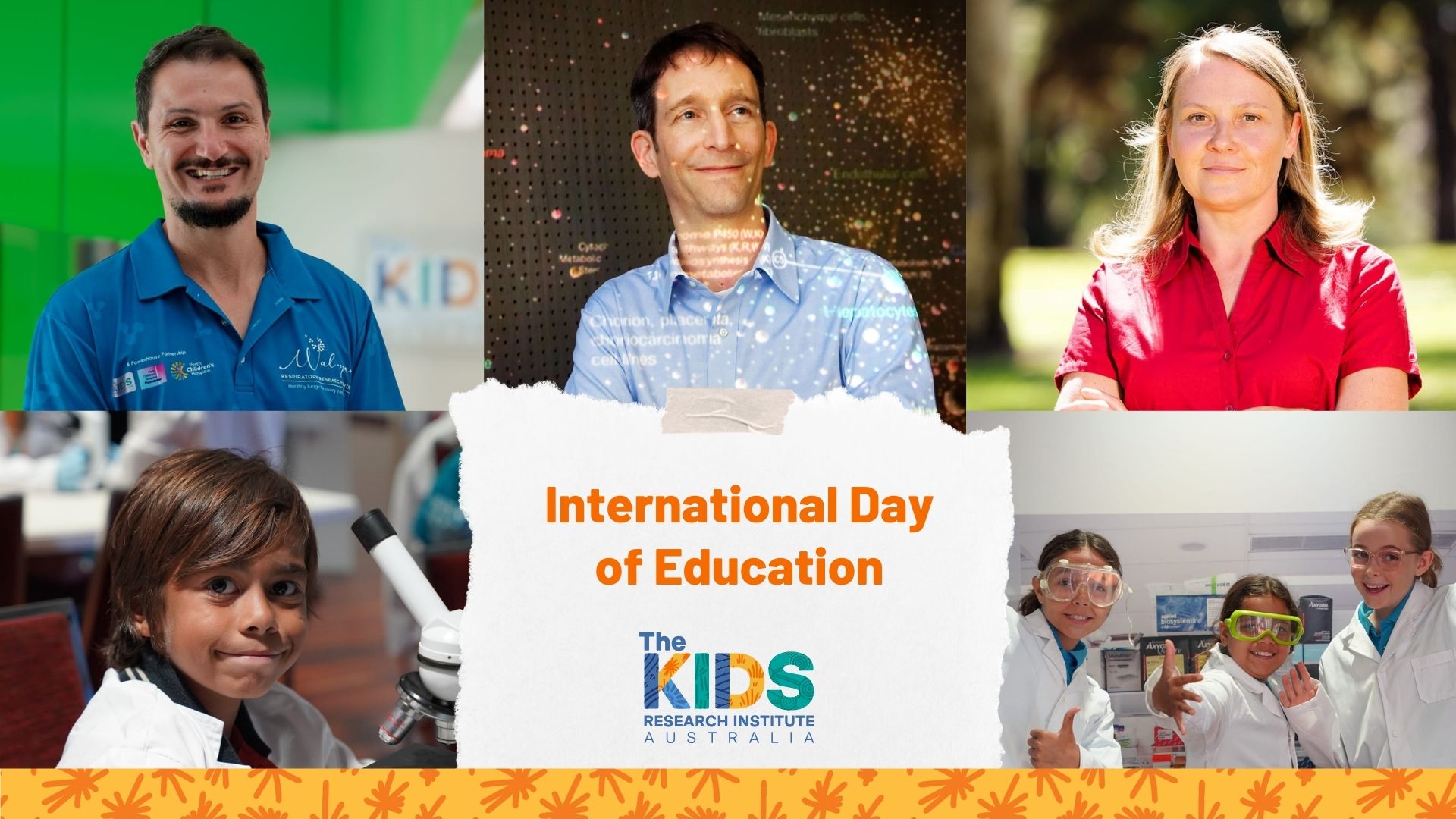Search
Showing results for "grants"

News & Events
National study to assess impact of social media ban on families and kidsA unique national study to examine the impact of the Federal Government’s social media ban on families is being undertaken by The Kids Research Institute Australia, in collaboration The University of Western Australia and Edith Cowan University.

News & Events
Funding boost for ORIGINS child and family health researchORIGINS is celebrating a substantial funding increase for its world-class research into child and family health and wellbeing.

News & Events
Researchers at The Kids push back against claims linking paracetamol to autismResearchers at The Kids Research Institute Australia have pushed back against claims by US President Donald Trump linking paracetamol use during pregnancy to autism.

News & Events
CF Awareness MonthInformation about cystic fibrosis awareness month and CF research at The Kids

News & Events
Empowering parents: ORIGINS secures MRFF grant to develop early childhood flourishing toolORIGINS sub-project, The Flourishing Child, has received a $746,051 grant from the Medical Research Future Fund to develop a Flourishing Assessment and Pathway Tool to address gaps in early intervention for children's mental health.

News & Events
Families shape future of Down syndrome careA collaborative study between UWA, Perth Children’s Hospital, The Kids and advocacy and support group Down Syndrome WA, has identified the top priorities, according to patients and carers, for clinical care and research for children with the genetic cond

News & Events
International Day of Education: AI and Education at The Kids Research InstituteToday, 24 January 2025, is International Day of Education, a global celebration of the power of learning to transform lives. This year’s theme, “AI and Education: Preserving Human Agency in an Automated World”, underscores the critical role of education in preparing kids for a future increasingly shaped by AI.

News & Events
Five researchers from The Kids awarded Early Career Child Health Researcher FellowshipsFive researchers from The Kids Research Institute Australia have been awarded three-year fellowships with the aim of keeping more WA-based PhD graduates involved in child health research.

News & Events
Worrying trends reinforce need for kids health researchChild health experts are concerned by a significant increase in the number of Australian children requiring learning support at school.

News & Events
Researching support needs for dads with children in preterm careThe mental health and wellbeing of new fathers whose children end up in neonatal intensive care is the focus of a new project to be led by The Kids Research Institute Australia researchers, thanks to a $388,000 grant from Healthway.
